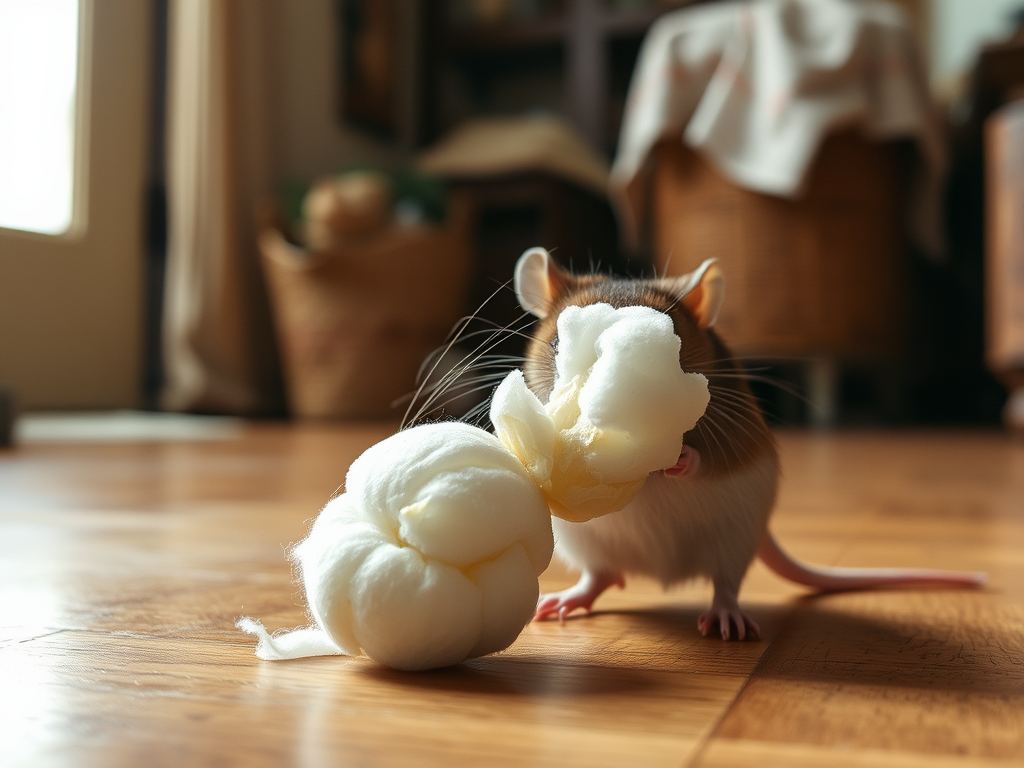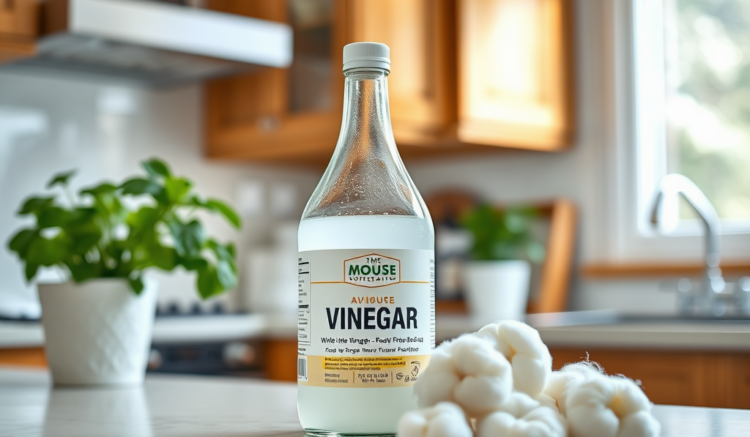When it comes to dealing with household pests, few things ignite the imagination quite like the idea that an everyday pantry item can act as a deterrent. The concept of vinegar as a means to repel mice has made its rounds in various circles, often propagated by anecdotal experiences and folklore. Many homeowners, frustrated by uninvited furry guests, find themselves hunting for natural remedies that promise effective pest control without harsh chemicals. Yet, the real question remains: does vinegar actually repel mice, or is this merely another myth that deserves debunking? In this article, we’ll delve into the science behind mice behavior, analyze the effectiveness of vinegar, and explore alternative methods for keeping these critters at bay.
Understanding the intricate relationships between different species and their environments is key to resolving this pest control puzzle. Surprisingly, the olfactory sense of mice plays a crucial role in how they navigate and interact with their surroundings. Mice, equipped with an impressive ability to detect scents, use their noses not just to find food but also to identify potential threats. This reliance on smell means that various odors can either attract or repel them. So, how does vinegar fit into this sensory landscape?
Understanding Mice Behavior

The sensory world of mice is vibrant and complex, characterized by their acute sense of smell. They possess approximately 1,000 smell-related genes, outpacing humans who have a mere 400. This biological advantage allows mice to detect pheromones, find food sources, and recognize dangers lurking in their environment. Their sophisticated olfactory system is tailored for survival, making it necessary to consider how certain smells influence their behavior.
Interestingly, scents that might seem benign to humans can evoke a spectrum of reactions in mice. For instance, while the smell of cheese is often romanticized in cartoons, many modern researchers suggest that mice might prefer grains or seeds instead. Thus, the effectiveness of using vinegar as a deterrent can be viewed as part of a larger narrative in understanding their preferences and aversions.
Indeed, the sense of smell is pivotal in how mice locate food and avoid hazards. This reliance means that if a smell is strong enough, it can potentially disrupt their natural inclinations. However, the variability in scent response can depend on numerous factors including intensity, duration of exposure, and individual mouse sensitivity. Therefore, while vinegar may be off-putting to some, it might not have the same effect on all rodents.
The Truth About Vinegar as a Mouse Repellent

The narrative surrounding vinegar as a mouse remedy is well-known, with proponents claiming it acts as an effective repellent. However, a thorough investigation of scientific literature and anecdotal evidence reveals a more nuanced reality. While vinegar—especially when applied in concentrated forms—does exude a pungent scent, the effectiveness of its usage against mice remains limited and often exaggerated.
| Type of Vinegar | Strength of Smell | Reported Effectiveness Against Mice |
|---|---|---|
| White Vinegar | Strong | Mixed reviews |
| Apple Cider Vinegar | Moderate | Some report effectiveness |
| Balsamic Vinegar | Sweet | Least likely to repel |
In light of this information, can we conclude that vinegar is a dependable solution for mouse control? The answer is nuanced. While it can exert some deterrent effect depending on the circumstances and application, it is far from a guarantees solution for longstanding infestations.
The type of vinegar used can also influence its potential to act as a mouse repellent. Here are some common varieties and their characteristics:
- White Vinegar: Known for its high acidity and strong scent, it’s the most commonly used type in pest control.
- Apple Cider Vinegar: With a sweeter smell, some believe it has a more pleasant scent that might repel mice.
- Balsamic Vinegar: Often regarded as less effective due to its sweetness, making it an unlikely choice in repelling rodents.
Alternative Mouse Deterrents
While vinegar may have its merits, many homeowners search for alternative methods in their quest for a mouse-free household. There are numerous natural and chemical deterrents available that can be just as effective, if not more so, than vinegar. Here are some popular options:
- Peppermint Oil: Often touted as a powerful natural repellent, its strong scent can deter mice when applied around entry points.
- Cayenne Pepper: The pungent aroma can create discomfort for mice, thus encouraging them to steer clear of treated areas.
- Ultrasonic Repellents: These devices emit high-frequency sounds that are unpleasant to rodents but inaudible to humans.
It’s important to assess the pros and cons of these alternatives alongside vinegar to determine which method might be best suited for your specific situation.
When considering vinegar as a mouse repellent, examining its advantages and drawbacks can offer valuable insight:
- Pros:
- Natural and non-toxic, making it safe for homes with children and pets.
- Inexpensive and readily available in most households.
- Can help neutralize existing mouse odors if combined with cleaning practices.
- Cons:
- Limited scientific backing regarding its effectiveness specifically against mice.
- May require frequent reapplication, especially in high moisture areas.
- Results can vary dramatically based on personal experiences and conditions of use.
Conclusion
In summary, while vinegar is often embraced as a natural mouse repellent, the effectiveness of this method is largely dependent on individual circumstances. Mice have varying responses to different scents, and while vinegar may deter some, it is not a foolproof solution for all. Exploring the broader context of rodent behavior helps to clarify misconceptions regarding the use of vinegar. Ultimately, it may be beneficial to consider a combination of strategies, incorporating both natural deterrents and traditional traps, to effectively manage mouse populations in your home.
Frequently Asked Questions
- Do mice really hate the smell of vinegar? Mice may not “hate” the smell, but they can be deterred by strong odors. Studies show limited effectiveness for vinegar specifically.
- What are some effective natural deterrents for mice? Alternatives include peppermint oil, cayenne pepper, and diatomaceous earth.
- Is it safe to use vinegar around pets? Yes, vinegar is generally safe for both pets and humans when used in moderation.
- How can I effectively use vinegar to deter mice? Place cotton balls soaked in vinegar around entry points. However, combine this method with other techniques for better results.
- Can vinegar help eliminate mouse odors? Vinegar can help neutralize odors, but it’s not a substitute for thorough cleaning.
